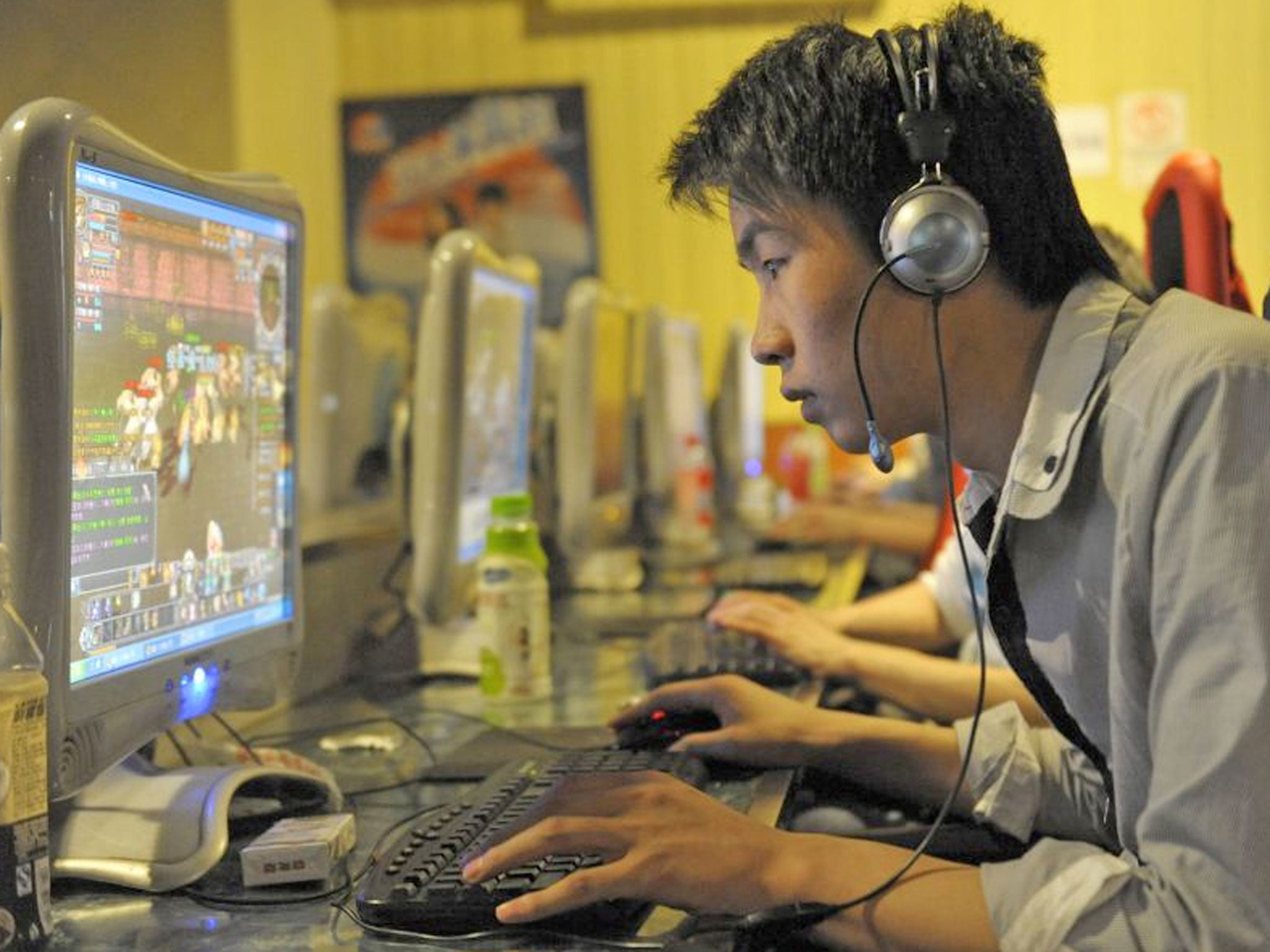China's great firewall gets higher: tools to evade surveillance and site bans are blocked as Chinese internet censors tighten grip
Virtual private networks or VPNs have been banned in the country — taking down the one remaining way for many Chinese citizens to access the western sites that are almost all banned in the country

Your support helps us to tell the story
From reproductive rights to climate change to Big Tech, The Independent is on the ground when the story is developing. Whether it's investigating the financials of Elon Musk's pro-Trump PAC or producing our latest documentary, 'The A Word', which shines a light on the American women fighting for reproductive rights, we know how important it is to parse out the facts from the messaging.
At such a critical moment in US history, we need reporters on the ground. Your donation allows us to keep sending journalists to speak to both sides of the story.
The Independent is trusted by Americans across the entire political spectrum. And unlike many other quality news outlets, we choose not to lock Americans out of our reporting and analysis with paywalls. We believe quality journalism should be available to everyone, paid for by those who can afford it.
Your support makes all the difference.China’s internet police have cracked down yet further on the country’s citizens — not only banning many of the internet’s biggest services, but blocking the tools that allow people to evade internet censorship.
New updates to the “great firewall” have blocked virtual private networks (VPNs), the tools that allow internet users to get around blocks on American services like Gmail and Facebook. The tools work by extending the internet through a private network — allowing for access of the banned sites, as well as evading censorship and spying by government agencies.
It comes at the end of an increasing crackdown on Western sites, including many of the internet’s biggest services.
After a months-long crackdown on Google products, China banned Gmail entirely in December. Though access has been slowing picking up, it remains out for much of the country.

Then the country took on one of the other largest internet providers, Outlook. That attack took the service down entirely for some — but for others it just caused issues that allowed intelligence agencies to potentially gain access to emails.
Those email outages were the end of a sustained period of site blocking that lasted through much of 2014. Photo sharing sites Instagram and Flickr both went offline last year.
There are few sites left to be blocked — as Chinese internet authorities step up their plan to raise the Great Firewall yet further, most of the large western websites are already stuck behind it.
In all, four of the five biggest sites on the internet have been banned in China. Only Baidu.com, the domestic Chinese search engine, remains available.
China has gradually banned almost all Google services. The first outages came with its encrypted web search and Google+ in 2011, since when it has gradually taken down Google Docs and Google Maps.
In summer 2014, Google.com went offline, and Gmail was hit by problems since September.
YouTube
The video-sharing site was banned in China from late to 2007 until early 2008, though it then came back online. But it was only temporary — it was blocked again in March 2009, and doesn’t seem to be accessible again since.
Among the earliest high-profile sites to be hit by the block, Facebook’s troubles in China began in 2009 after independence activists were using the network. China has its own similar version of Facebook, Renren, which is used instead.
The site has seen occasional reports of coming back online, but still seems to be blocked according to online tools.
And Zuckerberg’s recent apparent attempts to woo the Chinese — including speaking Mandarin “like a seven year old” — could be an attempt to have the block lifted. But his charm offensive has been ongoing since at least 2010.
The microblogging site was another early victim of the Great Firewall. It went down in 2009 and hasn’t been back online. That hasn’t stopped people from getting in trouble on the service — the “world’s first Twitter martyr” was created in 2010, when a woman was sentenced to a year in a labour camp for retweeting a satirical post.

Like Renren and Facebook, China’s Weibo is more popular than Twitter anyway.
The Facebook-owned photo sharing site went offline in September, just after the pro-democracy protests began in Hong Kong. It seemed to be a way of shutting down information and pictures celebrating the protests to spread — on Weibo, searches such as “Occupy Central” and “Hong Kong students” were also blocked.
Join our commenting forum
Join thought-provoking conversations, follow other Independent readers and see their replies
Comments